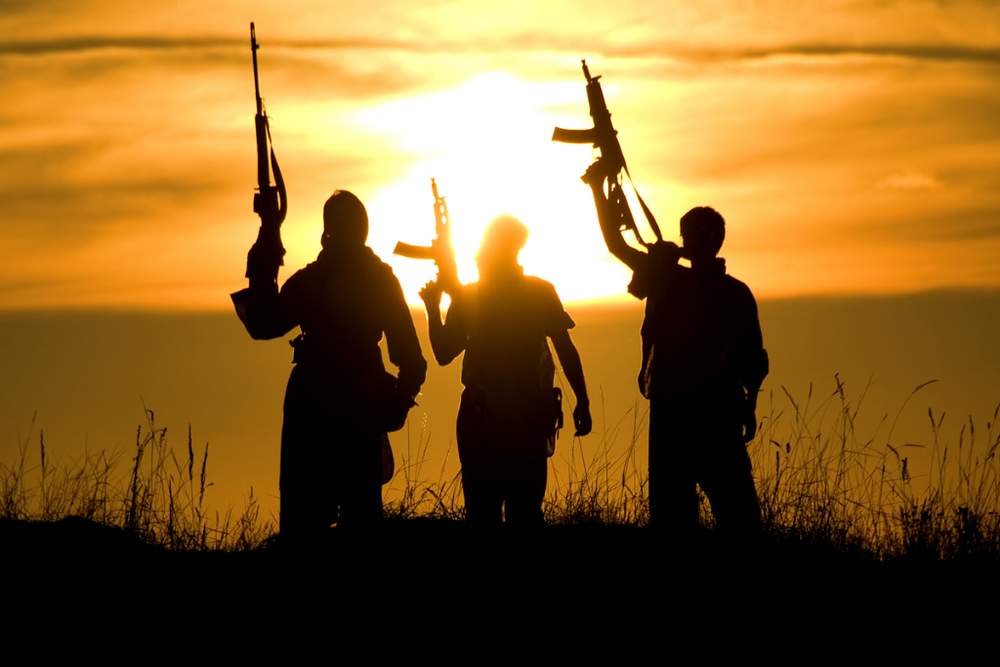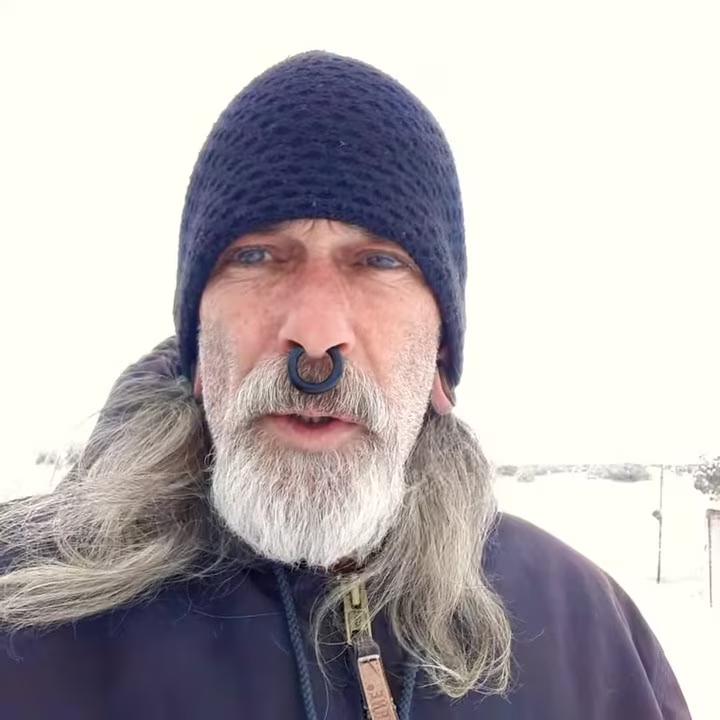'Underlying social factors' influenced Wieambilla terrorists say legal group
Luke Williams
11 June 2024, 3:40 AM
 Nathaniel Train
Nathaniel TrainThe NSW Council of Civil Liberties has told a Senate inquiry that extremist incidents like the Wieambilla terrorist shooting on 12 December 2022 can be partially attributed to "underlying social factors which influences at risk people towards radicalisation and violent extremist behaviour".
On 7 December 2023, the Senate referred an inquiry into right wing extremist movements in Australia to the Legal and Constitutional Affairs References Committee for inquiry and report by 6 December 2024.
Queensland police in their in-depth investigation found the deadly shooting in the rural community of Wieambilla was a "religiously motivated terrorist attack."
Investigators did not prescribe a specific left or right ideology to the trio but said they were supporters of a ‘broad Christian fundamentalist belief system known as premillennialism’ which they followed in the lead up to six deaths.
In their submission, the NSW Council Civil Liberties broadened out their scope to cover "violent extremism" as well as "right wing extremism".

Image: UNODC.
"The Wieambilla terrorist shooting on 12 December 2022" the submission continues " is a threat to the democratic system, rule of law and to the safety of citizens".
They note that the root causes are complex, multifaceted and intertwined, and relate to the structural environment in which radicalization and possibly violent extremism can start to take hold.
The Council says common determinants of "violent extremist behaviour" include alienation from society, economic exclusion, identification with a cause linked to perceived victimhood and absence of purpose outside their extremist beliefs.

Donald Day. Image: ABC.
It also notes the alleged influence of US conspiracy theorist Donald Day on the trio whom they connected through YouTube.
What do to - and not do
The NSW Council of Civil Liberties group tends to look at broad social structural factors rather than individual causes.
They say appropriately combatting this progression to violence ideally calls for deeper developmental measures based upon advocacy and education targeted towards the ‘socialisation’ mechanisms which incite people to adopt violent extremist ideology.
They also "oppose ‘blunt’ and blanket measures to counter the spread of violent right wing extremism, such as criminal laws enacted in response to isolated behaviours of extremist behaviour".
"The internet has significantly contributed to the faster spread of extreme right wing activism by providing an online platform for the unfiltered sharing of conspiracy theories, ‘terrorist propaganda’, misogynistic and other hateful right-wing content" the submission adds.
Children being exposed to hate speech in online gaming
Meanwhile in their submission to the senate inquiry into right wing extremist movements, Australia's E-Safety Commissioner has revealed the children and young people are being exposed to hate speech.

Image: weprotect.org
In their submission to the Federal Parliament Inquiry into Right-Wing Extremism the national E-Safety-Commissioner Julie Inman Grant wrote about "recent research...on online gaming".
Findings include:
- 20% of teen gamers had seen or heard other players share or use hate speech.
- 11% had seen or heard other players expressing or sharing misogynistic ideas relating to the belief that men are superior to women.
- 8% had seen or heard other players expressing or sharing ideas that people from one race, culture, religion, or nationality being better than other people.
The eSafety Commissioner (eSafety) is Australia’s national independent regulator for online safety.



